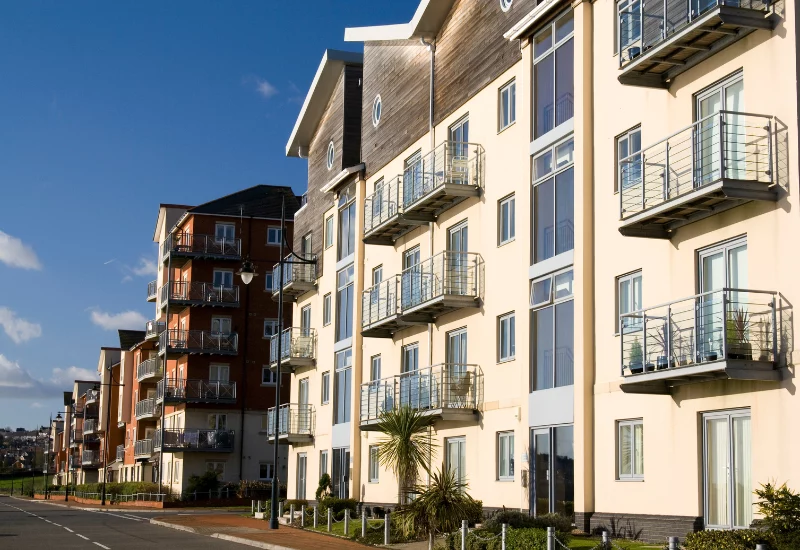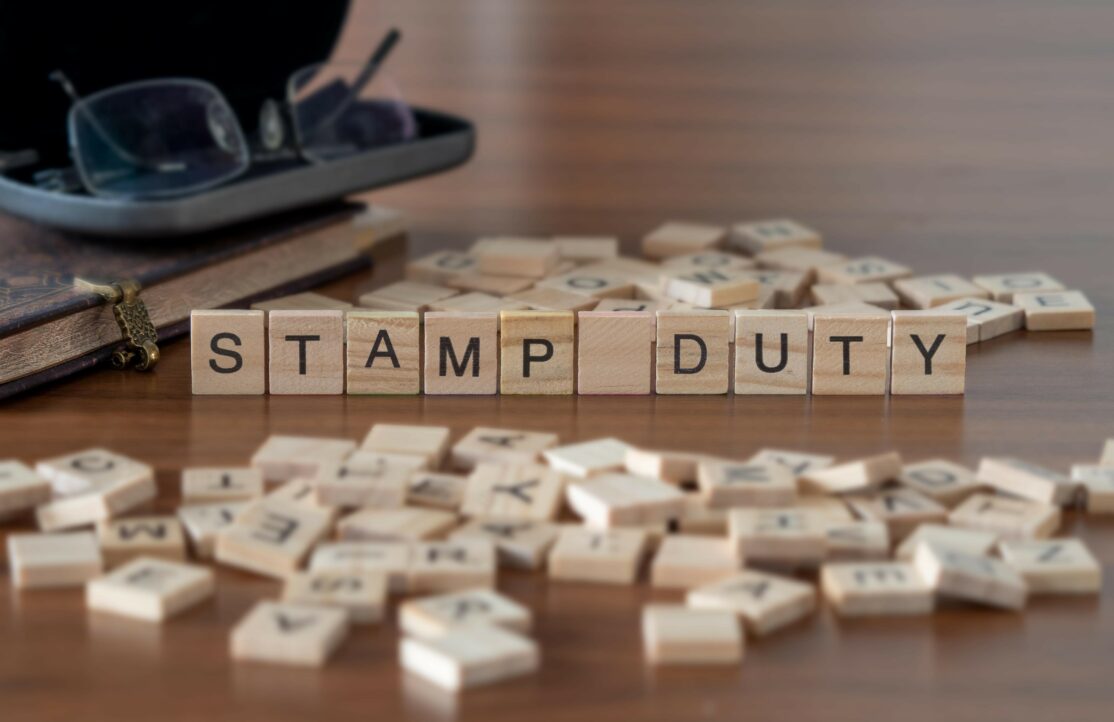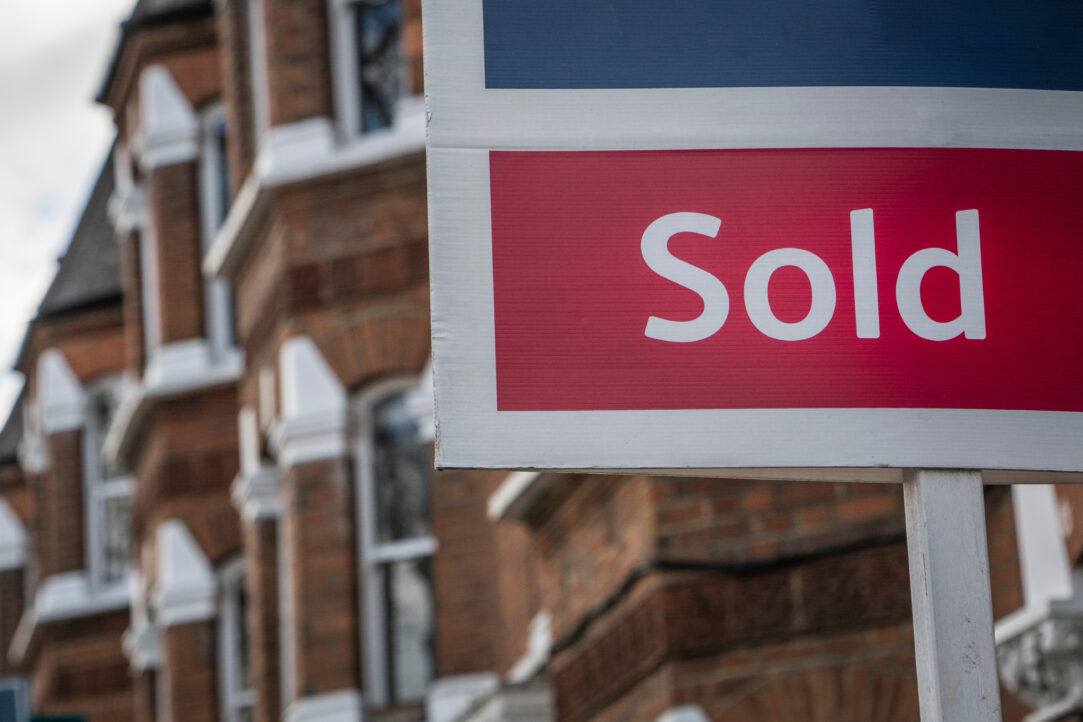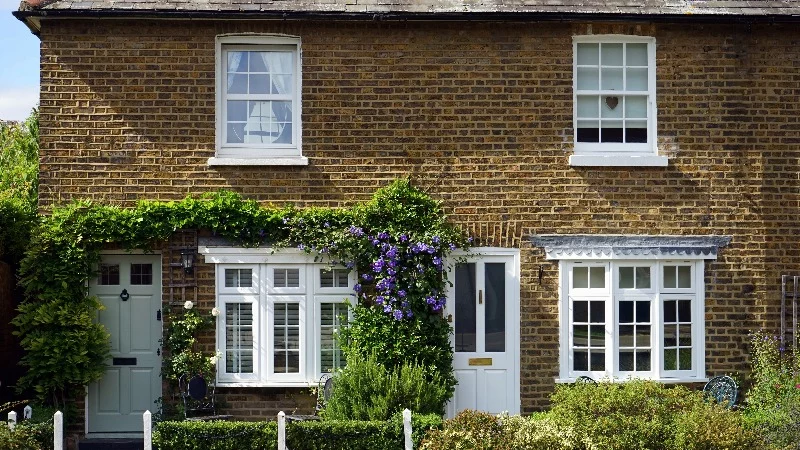The Potential Complications of Flat Ownership

Owning flats brings complications that are not found with other properties, some of which will be addressed in this article.
Leasehold ownership of a flat usually relates to everything within the four walls of the flat and sometimes includes a garden or parking. Leasehold is simply a long tenancy; the right to occupy and use a flat for a long period known as the ‘term’. The flat can be bought and sold during that term; the term being fixed at the beginning and decreasing year by year.
Leaseholder obligations and restrictions
The leaseholder’s obligations include payment of rent, if any, and contribution to the costs of maintaining, insuring and managing the building. The rent is fixed by the lease and may be subject to regular increases. The landlord will usually be required to manage, insure and maintain the structure and common areas and to collect service charges. Occasionally, leaseholders have ‘self-repairing’ leases, where they are responsible for the maintenance of their own flats.
Usually, there are restrictions imposed on leaseholders for their mutual benefit, for example, noise-levels, sub-letting or keeping pets. The leaseholder must keep the inside of the flat in good order and behave in a neighbourly manner. Certain prohibitions apply without the landlord’s consent, for example, making alterations. The landlord ensures compliance.
Service charges payable by the leaseholder of the flat
Service charges are payments by the leaseholder for the services the landlord provides, which may also include the costs of management, by the landlord or a managing agent.
Details of what can be charged by the landlord and the proportion to be paid by each leaseholder will be included in the lease. Modern leases allow the landlord to collect estimated charges in advance, repaying any surplus or collecting any shortfall at the end of the year.
Service charges will vary from year to year depending on what services are required. Leaseholders have the right to challenge service charges they feel are unreasonable. Many leases provide for the landlord to collect sums to create a reserve or ‘sinking’ fund to ensure that sufficient money is available for future works. If there is insufficient money in the reserve fund, the costs will be shared between the leaseholders and a special levy may be payable.
Although the landlord usually insures the building, leaseholders will be required to arrange their own contents insurance. It is the leaseholder’s obligation to pay the service charges and ground rent on time. If they are not paid and the landlord is able to satisfy a tribunal that service charges are due and reasonable, then he can begin proceedings to bring a lease to an end, otherwise known as forfeiture. If forfeiture is approved by a court, this can lead to the landlord repossessing the flat. The landlord may also seek a county court judgment for payment, which can affect a leaseholder’s ability to obtain credit in future.
Leaseholders also have a number of legal rights, some of which include:
- the right to be consulted on major works
- the right to challenge the reasonableness of service charges and administration fees
- the right to collectively take over management of their block
- the right to apply to the tribunal to appoint a manager
- the right to extend the term of their lease
- the right to collectively purchase the freehold of their block
- the right to apply to the tribunal to have a defective lease amended
This list is not exhaustive, and there are many conditions and procedures for exercising them. For more information and advice, please contact the specialist residential property lawyers at Trethowans on 01202 673071 or [email protected].















